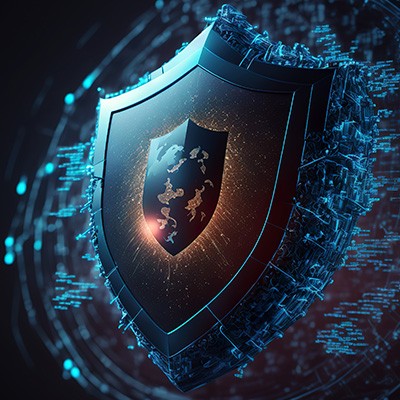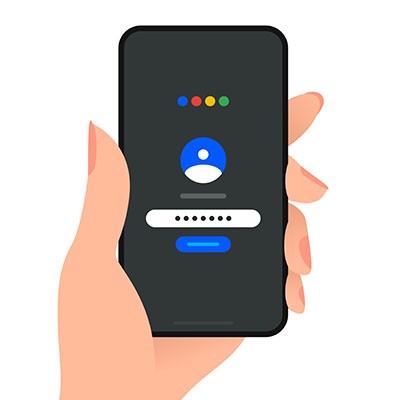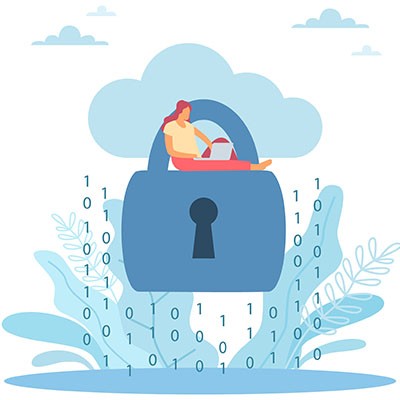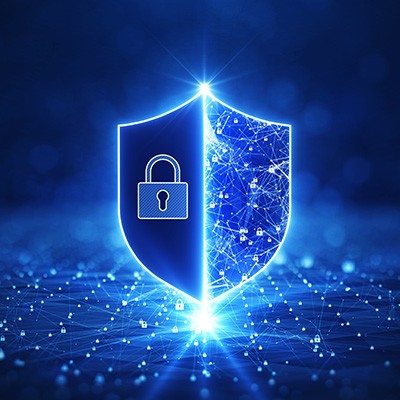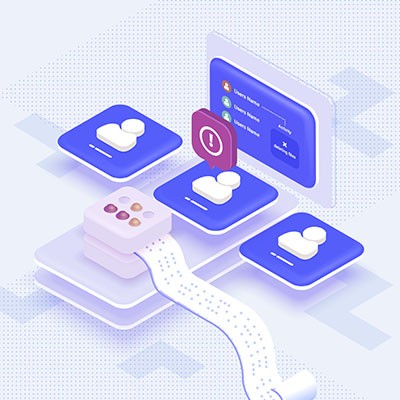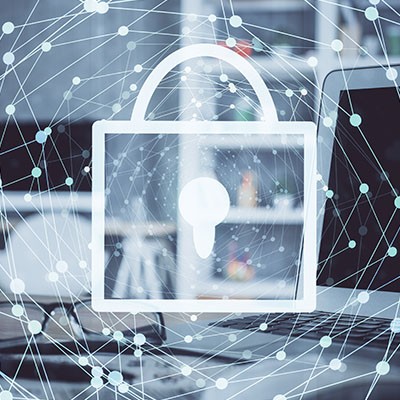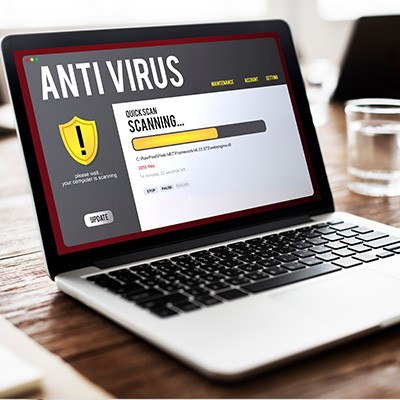When you live a life connected to the Internet, there is always a chance that you will encounter a threat that is disguised just a little too well to be discovered. We wanted to write today about one particular social media threat that we think might have been good enough to fool an unsuspecting user.
About Business Solutions & Software Group
Business Solutions & Software Group has been serving the South Florida area since 1997, providing IT Support such as technical helpdesk support, computer support and consulting to small and medium-sized businesses. Our experience has allowed us to build and develop the infrastructure needed to keep our prices affordable and our clients up and running.
Recent News
Contact Us
10211 W Sample Road Suite 114
Coral Springs, Florida 33065
Mon to Fri 9:00am to 6:00pm


